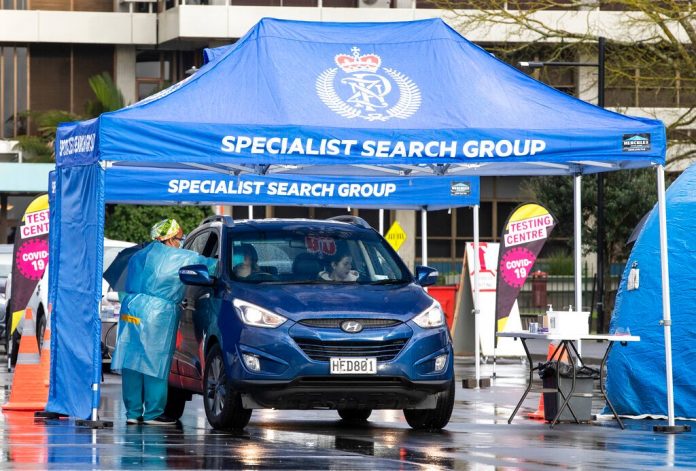
WELLINGTON: New Zealand hopes to open a travel bubble with Australia by April next year and is working to finalise the necessary anti-coronavirus border measures, Prime Minister Jacinda Ardern said Monday.
Ardern said New Zealand’s cabinet had agreed “in principle” to open a trans-Tasman travel bubble in the first quarter of 2021 provided there are no major virus outbreaks in either country.
“It is our intention to name a date for the commencement of quarantine-free trans-Tasman travel in the new year, once remaining details are locked down,” she told reporters.
New Zealand closed its borders in March and since then all international arrivals, including Australians, have been required to undergo two weeks of managed isolation.
The country has been widely praised for its strict handling of the coronavirus which has caused just 25 deaths in a population of five million.
Ardern said she would not allow unnecessary risks to be taken to reopen travel with Australia, which before the pandemic was New Zealand’s largest source of overseas visitors.
She said a key consideration was how to prevent border facilities from being swamped if there was a major virus outbreak in Australia that prompted thousands of visiting New Zealanders to rush home.
“It’s not a hypothetical — there have been several (Australian outbreaks),” she said.
“We’d need to make arrangements to have potentially thousands of New Zealanders brought back to New Zealand in numbers we would not necessarily be able to handle in managed isolation.”
Australia has allowed quarantine-free travel for New Zealand arrivals since October, but New Zealand has not reciprocated, maintaining its 14-day quarantine.
Over the weekend, New Zealand announced a similar plan for a travel bubble with the tiny Cook Islands in the Pacific in the first quarter of next year.


